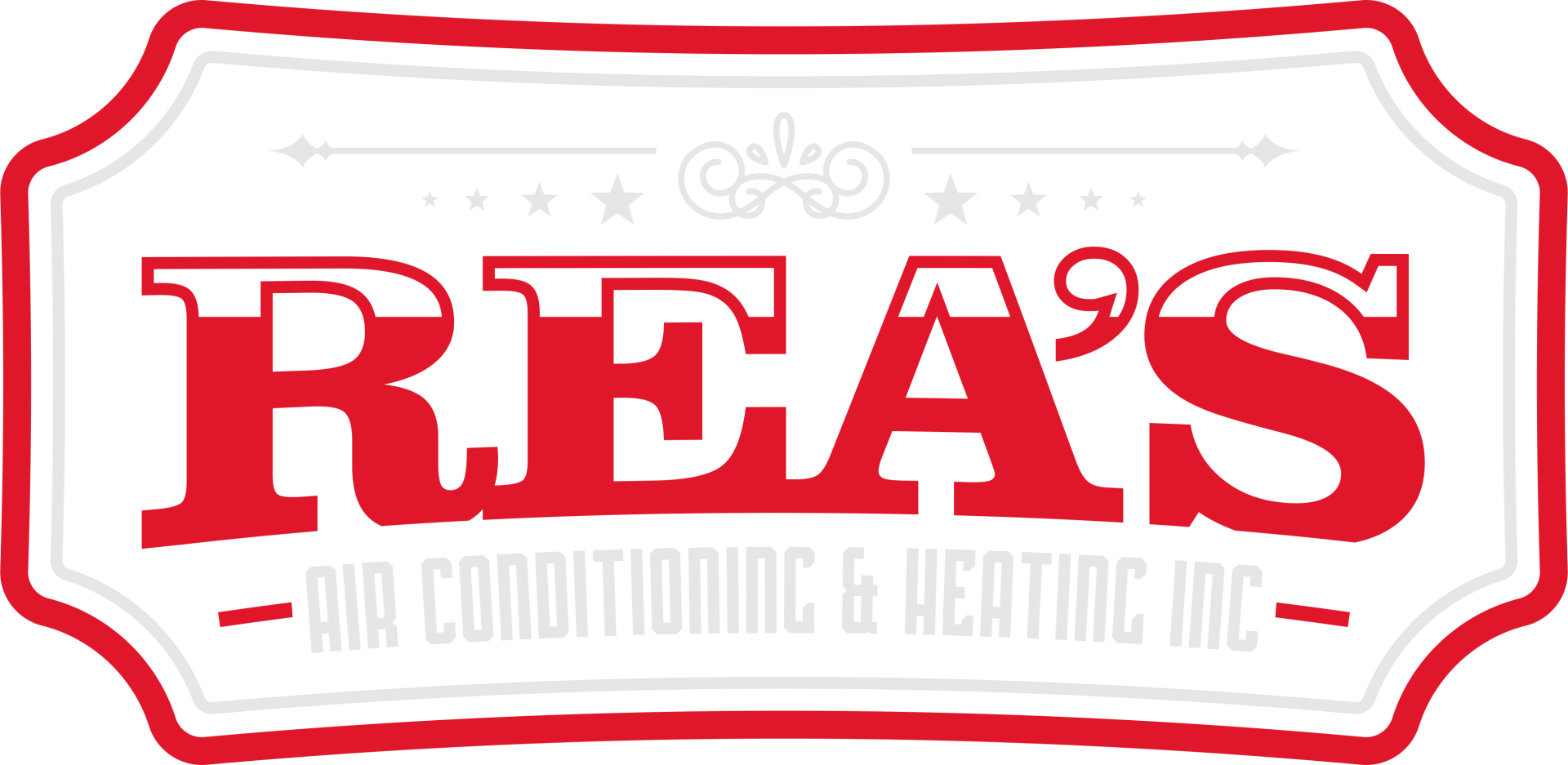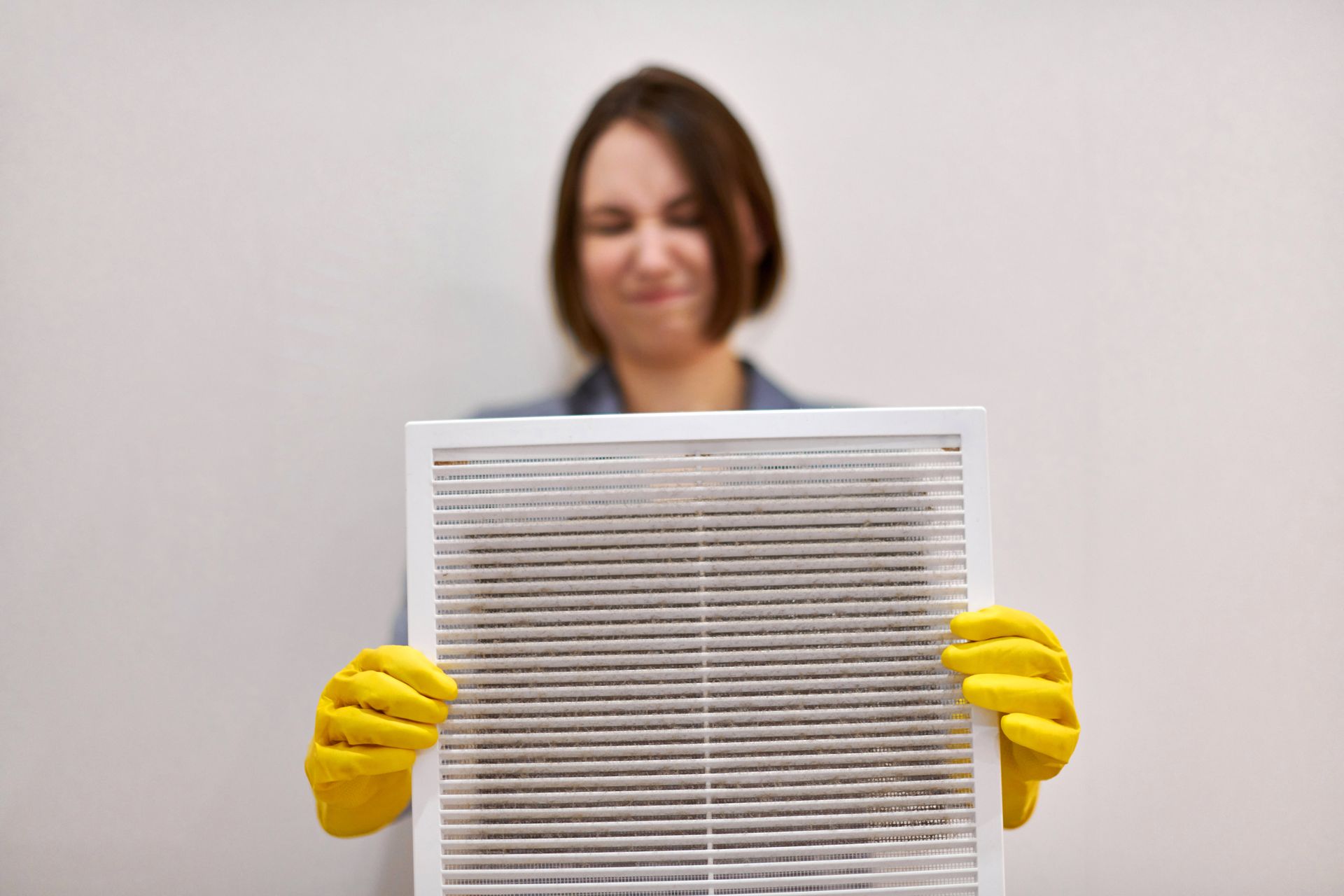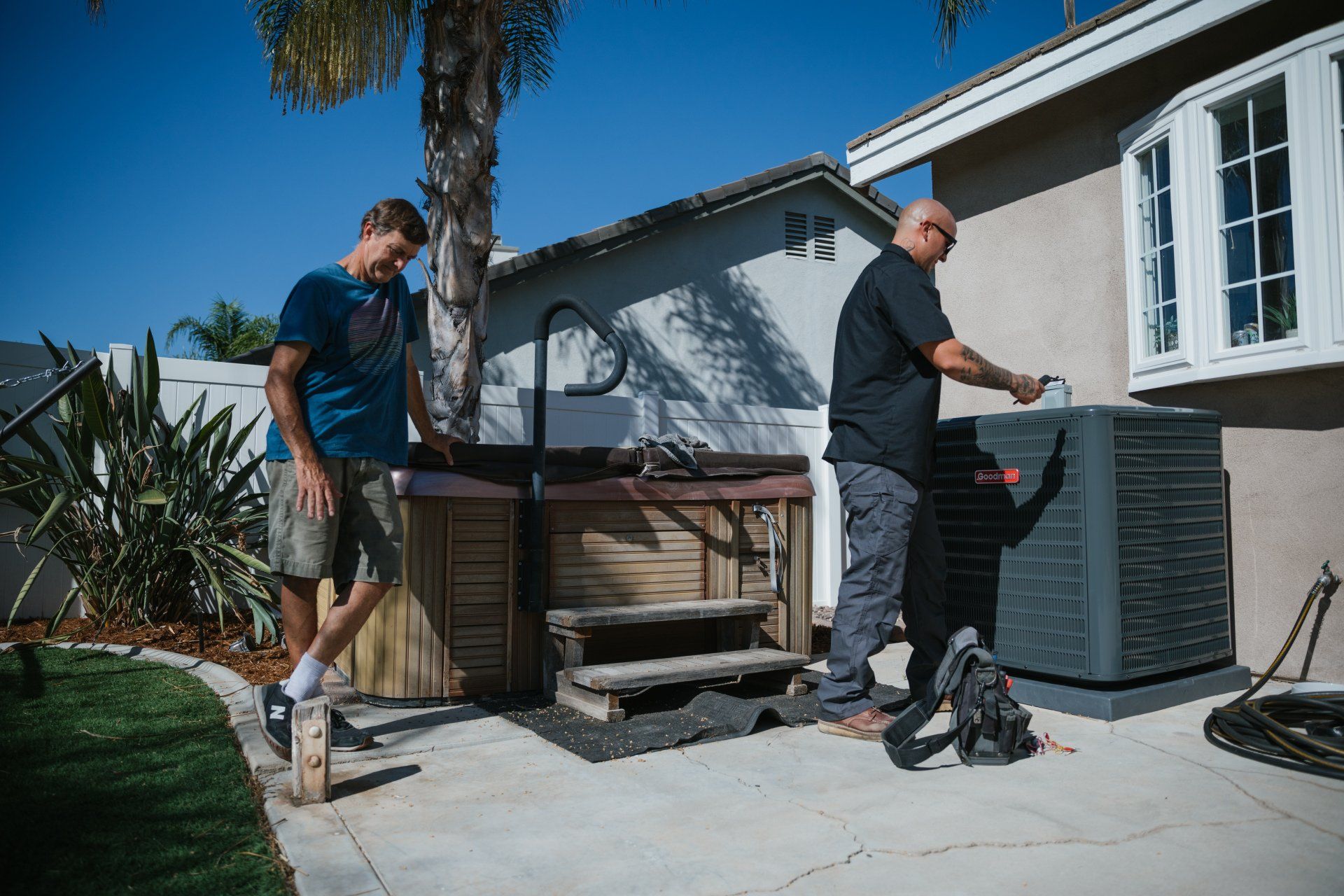Choosing Between Central Air and Window Units: A Comparative Guide
When it comes to cooling your home, the decision between central air conditioning systems and window units can be challenging. Each option has its advantages and disadvantages, and the best choice often depends on your specific needs, the size and layout of your home, and your budget. In this comparative guide, we’ll explore the pros and cons of central air conditioning systems and window units to help you make an informed decision.
Central Air Conditioning Systems
Pros
- Whole-House Cooling: Central air conditioning systems are designed to cool your home. They distribute cool air through a network of ducts, ensuring consistent temperatures throughout all rooms. This is ideal for larger homes where maintaining a uniform temperature is essential.
- Increased Home Value: Installing a central air conditioning system can increase the resale value of your home. Buyers often view central air as desirable, making your home more attractive.
- Better Aesthetics: Central air systems are more aesthetically pleasing since the major components (such as the compressor and ductwork) are hidden out of sight. The only visible elements are the vents and the thermostat.
- Improved Air Quality: Central air systems often come with advanced filtration options that can improve indoor air quality by removing dust, allergens, and other pollutants from the air.
Cons
- Higher Initial Cost: Installing a central air conditioning system involves significant upfront costs, including the price of the unit and the labor required for installation, especially if your home doesn't already have ductwork.
- Complex Installation: Installing a central air system is a complex process that requires professional expertise. It can also be disruptive, particularly in homes that need new ductwork.
- Higher Operating Costs: Because central air systems cool the entire house, they can be more expensive, especially in large homes or areas with high electricity rates.
Window Air Conditioning Units
Pros
- Lower Initial Cost: Window units are significantly cheaper to purchase and install than central air systems. They are a budget-friendly option for homeowners who need cooling for specific rooms or small spaces.
- Easy Installation: Installing a window unit is relatively straightforward and can often be done by the homeowner without professional help. This makes it convenient for renters or those who want a quick cooling solution.
- Energy Efficiency for Small Spaces: Window units are ideal for cooling individual rooms or small spaces. They allow you to cool only the areas you are using, which can save on energy costs compared to running a central system.
- Portability: Some window units can be moved from room to room as needed. This flexibility allows you to direct cooling to different parts of your home depending on where you spend the most time.
Cons
- Limited Coverage: Window units are designed to cool specific rooms, not entire homes. This means you may need multiple units to achieve the desired cooling effect, which can lead to inconsistent temperatures between rooms.
- Noise: Window units can be noisy, especially older models. The constant hum and vibration can be distracting, particularly in bedrooms or quiet spaces.
- Aesthetic Impact: Window units are less visually appealing than central air systems. They protrude from windows and can block natural light, detracting from the overall aesthetics of your home.
- Maintenance: Window units require regular maintenance, such as cleaning the filter and ensuring the unit is securely installed. Due to their exposed position, they are also more susceptible to wear and tear.
Making the Decision
Consider Your Home’s Size and Layout
Central air conditioning may be the best option for larger homes or those with multiple rooms that need consistent cooling. However, window units can be a more practical and cost-effective choice for smaller homes, apartments, or specific rooms requiring cooling.
Budget Constraints
If budget is a primary concern, window units offer a more affordable entry point. Conversely, if you’re willing to invest in a more permanent and comprehensive solution, central air conditioning can provide long-term benefits and add value to your home.
Long-Term Usage
Think about how long you plan to stay in your current home. Central air conditioning is a significant investment that pays off over time, while window units are better for short-term solutions or temporary living situations.
Climate Considerations
In regions with extreme temperatures, central air conditioning might be necessary to consistently and powerfully cool the homes. Window units could suffice for the few hot days in milder climates each year.
Conclusion
Both central air conditioning systems and window units have their advantages and disadvantages. The right choice for you depends on your specific needs, budget, and home characteristics. By carefully weighing the pros and cons, you can make an informed decision that ensures comfort, efficiency, and value for your living space.






